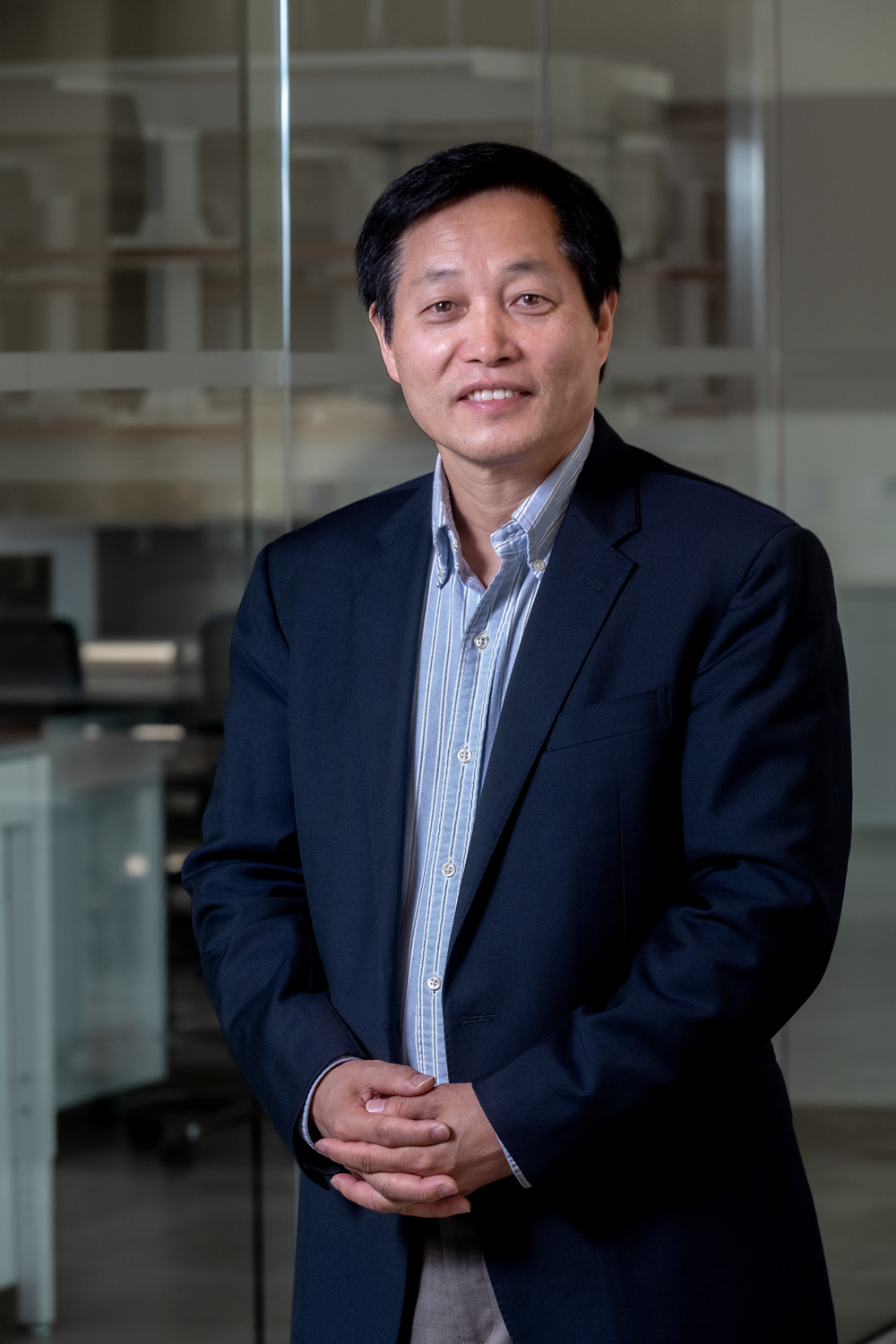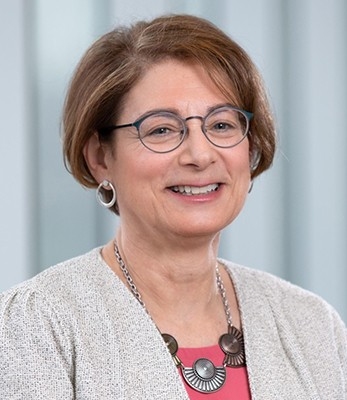
Hanqin Tian to lead new Schiller Institute center
The Schiller Institute for Integrated Science and Society has announced that Professor of Global Sustainability Hanqin Tian will serve as the inaugural director for the institute’s new Center for Earth Systems Science and Global Sustainability, CES3.
The center’s charge is to help solve the impacts of climate change and aid in reaching the international goal of limiting global warming to 1.5 degrees Celsius above preindustrial temperatures.
“ We expect CES3 to play a pivotal role in global efforts to tackle climate change and address sustainability challenges. Our primary goal is to fill critical knowledge gaps in understanding the interconnectedness of the Earth and human systems within the climate-food-energy-water-health nexus. ”
Tian joined the Schiller Institute in fall 2022 and serves as one of its three core faculty members. His research and teaching concentrate on the broad area of climate and sustainability sciences, with the intention of advancing scientific understanding of the complex interactions among climate, ecosystems, and humans as a means of developing science-based solutions to climate change and sustainability challenges.“We expect CES3 to play a pivotal role in global efforts to tackle climate change and address sustainability challenges,” said Tian. “Our primary goal is to fill critical knowledge gaps in understanding the interconnectedness of the Earth and human systems within the climate-food-energy-water-health nexus.”A December 5 event at Boston College’s 245 Beacon Street science facility formally celebrated the launch of CES3 and Tian’s appointment as well as the institute’s new alliance with the Global Carbon Project (GCP), which seeks to quantify global greenhouse gas emissions and their causes.“The partnership with the GCP will expose BC’s faculty and students to cutting-edge research areas in earth system science and sustainable climate solutions,” said Tian, who previously served on GCP’s Scientific Steering Committee.

Laura Steinberg
“We are very pleased to announce our partnership with the Global Carbon Project as we kick off CES3,” said Laura J. Steinberg, the Seidner Family Executive Director of the Schiller Institute. “Our fledgling center reflects the institute’s mission to address critical societal issues in the areas of energy, health, and the environment, while the association with GCP enhances our capacity to advance the common good through research focused on pressing, critical global problems. We look forward to a fruitful collaboration.”
Steinberg also announced that the institute plans to expand the ranks of Schiller core faculty to include two senior professors working at the interface of health and climate, and one senior social scientist focused on climate change or energy transition.
The CES3 launch took place even as GCP researchers at the United Nations Climate Change Conference—known as COP28—in Dubai sounded a warning of the dangerous rise of planet-warming greenhouse gas emissions. At the Schiller Institute event, guest speaker GCP Executive Director Josep (Pep) Canadell lamented that, despite years of commitments from countries to slash emissions, carbon dioxide from oil, gas, and coal increased in 2023.
“Carbon dioxide released from burning fossil fuels is expected to rise by 1.1 percent this year compared with 2022. Renewables alone will not solve the climate problem. There must be policies that ensure that fossil fuels actually go down.”
Following brief presentations by Schiller Institute core faculty members Yi Ming, the Institute Professor of Climate and Society, and Jier Huang, associate professor of renewable energy and sustainability, faculty from multiple BC departments and schools delivered brief summaries of their relevant work, reflecting the Schiller Institute’s interdisciplinary approach. Among the topics were climate change and public health, carbon accounting, climate change and migration, and the ocean carbon cycle.
Speakers included Philip J. Landrigan, M.D., director of BC’s Global Observatory on Planetary Health; BC Law Associate Dean for Faculty and Global Programs Katharine Young; Political Science Professor David Deese; and Earth and Environmental Sciences Associate Professor Jeremy Shakun, Assistant Professor Hilary Palevsky, Assistant Professor Xingchen (Tony) Wang, and incoming Associate Professor of Engineering Susan Pan.
